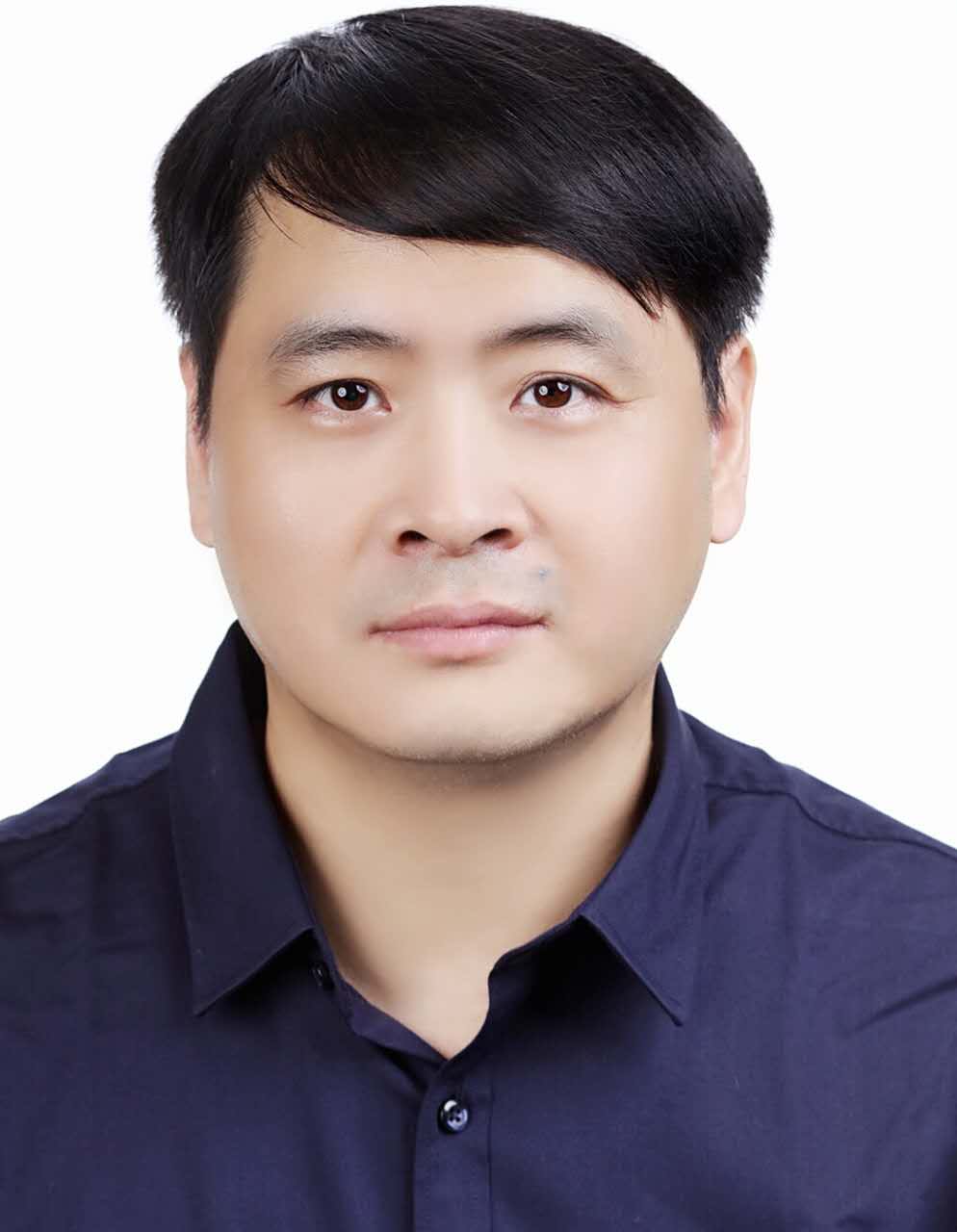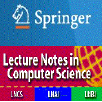Keynote Speaker

Prof. Laurence T. Yang
St. Francis Xavier University, Canada
IEEE Fellow
加拿大工程院院士, 加拿大工程研究院院士
Topic: Cyber-Physical-Social Intelligence: Design, Analytics, Security and Privacy
Abstract: The booming growth and rapid development in embedded systems, wireless communications, sensing techniques and emerging support for cloud computing and social networks have enabled researchers and practitioners to create a wide variety of Cyber-Physical-Social Systems (CPSS) that reason intelligently, act autonomously, and respond to the users’ needs in a context and situation-aware manner. The CPSS are the integration of computation, communication and control with the physical world, human knowledge and sociocultural elements. It is a novel emerging computing paradigm and has attracted wide concerns from both industry and academia in recent years. Currently, CPSS are still in their infancy stage. Our first ongoing research is to study effective and efficient approaches for CPSS modeling and general system design automation methods, as well as methods analyzing and/or improving their power and energy, security, trust and reliability features. Once the CPSS have been designed, they collect massive data (Volume) from the physical world by various physical perception devices (Variety) in structured/semi-structured/unstructured format and respond the users’ requirements immediately (Velocity) and provide the proactive services (Veracity) for them in physical space or social space. These collected big data are normally high dimensional, redundant and noisy, and many beyond the processing capacity of the computer systems. Our second ongoing research is focused on the Big Data-as-a-Service framework, which includes data representation, dimensionality reduction, incremental and distributed processing, security and privacy, deep learning, clustering, prediction and proactive services, aiming at representing and processing big data generated from CPSS, providing more valued smart services for human and refining the previously designed CPSS. This talk will present our latest research on these two directions. Corresponding case studies in some applications such as smart traffics will be shown to demonstrate the feasibility and flexibility of the proposed system design methodology and analytic framework.
Bio:Laurence T. Yang got his BE in Computer Science and Technology and BSc in Applied Physics both from Tsinghua University, China and Ph.D in Computer Science from University of Victoria, Canada. He is a professor and W.F. James Research Chair at St. Francis Xavier University, Canada. His research includes parallel, distributed and cloud computing, embedded and ubiquitous/pervasive computing, and big data. He has published 200+ papers in the above areas on top IEEE/ACM Transactions/Journals including 6 and 25 papers as top 0.1% and top 1% highly-cited ESI papers, respectively. He has been involved actively act as a steering chair for 10+ IEEE international conferences. He is the chair of IEEE CS Technical Committee of Scalable Computing (2008-2011, 2018-), the co-chair of IEEE SMC Technical Committee on Cybermatics (2016-) and the vice-chair of IEEE CIS Technical Committee on Smart World (2016-2019). In addition, he is serving as an editor for many international journals and is an author/co-author or an editor/co-editor of more than 25 books from well-known publishers, invited to give around 50 keynote talks at various international conferences and symposia. His recent honours and awards include IEEE Canada C. C. Gotlieb Computer Medal (2020), Fellow of Institute of Electrical and Electronics Engineers (2020), IEEE TCCPS Most Influential Paper Award on Cyber-Physical Systems (2020), IEEE SCSTC Most Influential Paper Award on Smart Computing (2019), IEEE TCBD Best Journal Paper Award on Big Data (2019), Clarivate Analytics (Web of Science Group) Highly Cited Researcher (2019), Fellow of Engineering Institute of Canada (2019), AMiner Most Influential Scholar Award for Internet of Things (2018), IEEE TCCPS Distinguished Leadership Award on Cyber-Physical Systems (2018), IEEE SCSTC Life-Career Achievement Award on Smart Computing (2018), Fellow of Canadian Academy of Engineering (2017), IEEE System Journal Best Paper Award (2017), IEEE TCSC Award for Excellence in Scalable Computing (2017), Elsevier JCSS Journal Most Cited Paper Award (2017) and the PROSE Award on Engineering and Technology (2010).


